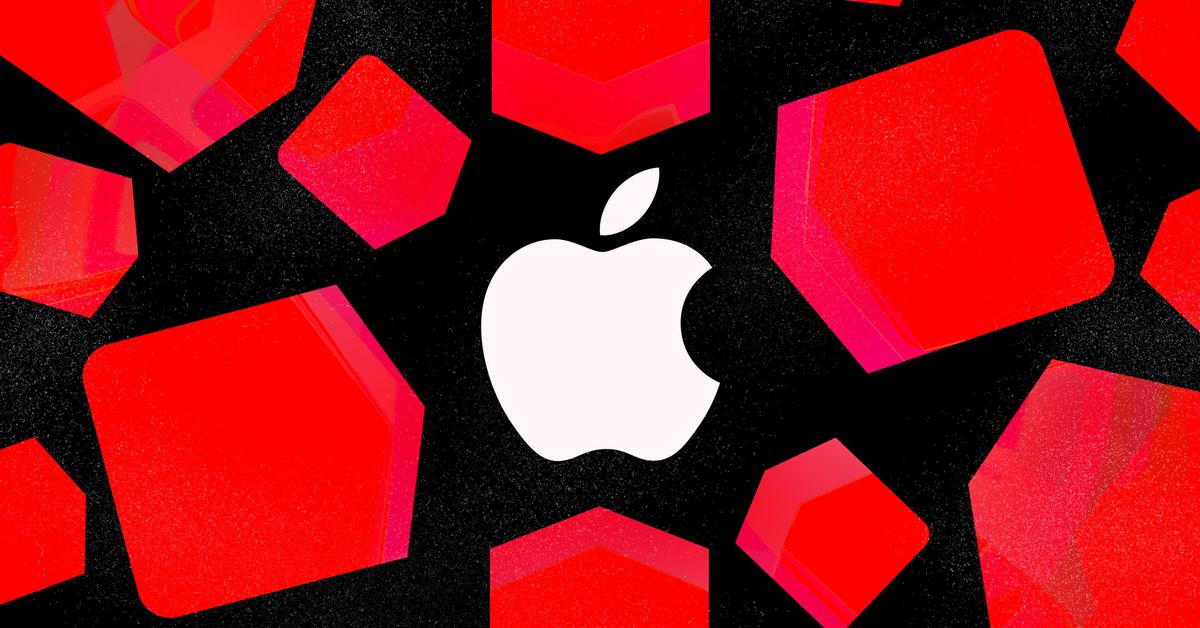Supreme Court rejects Epic v. Apple antitrust case::The Supreme Court has rejected petitions by Epic and Apple to reconsider a ruling on Fortnite’s iOS ban and potential changes to the App Store.
That’s disappointing. Anti-trust laws need way more enforcement
I didn’t know the courts enforced laws.
Edit: because no one apparently knows how the government works
Legislative—Makes laws (Congress, comprised of the House of Representatives and Senate) Executive—Carries out laws (president, vice president, Cabinet, most federal agencies) Judicial—Evaluates laws (Supreme Court and other courts).Judicial determines whether a law is constitutional. Executive carries out the law, or in other words enforces them.
Should we tell 'em?
deleted by creator
I do and it seems like it’s a good thing too!
The corrupt supreme court capitulates to the billionaires who have bought them. Shocking
deleted by creator
Epic may suck, but sideloading should be a customer right.
deleted by creator
There’s still a good chance of a DOJ antitrust case against Apple coming that seeks allowing alternative app stores (and Apple’s way of complying with the part of this case that went against them makes it even more likely, I think). But Epic’s case is done, yes, unless they want to challenge Apple’s compliance with the ruling.
Well the EU is forcing them to do it, I believe
deleted by creator
deleted by creator
This is the best summary I could come up with:
The Supreme Court has denied a request to hear an antitrust dispute between Apple and Fortnite publisher Epic Games.
Judge Yvonne Gonzalez Rogers rejected most of Apple’s claims and the Ninth Circuit Court of Appeals largely affirmed the decision.
But the company spent years delaying parts of the change with legal appeals, winning a reprieve while the Supreme Court considered the case.
Today’s denial seemingly runs out that clock, requiring Apple to reconsider the future of its anti-steering rules.
Apple may also face more pressure to open up iOS in Europe; it’s currently fighting attempts to regulate the App Store under the EU’s Digital Markets Act, which goes into effect on March 7th.
In a thread of social media posts, Epic CEO Tim Sweeney said that “the court battle to open iOS to competing stores and payments is lost in the United States,” dubbing it “a sad outcome for all developers.” But he celebrated the end of anti-steering rules, urging developers to “begin exercising their court-established right to tell US customers about better prices on the web.” Apple did not immediately respond to requests for comment on the Supreme Court’s decision.
The original article contains 394 words, the summary contains 191 words. Saved 52%. I’m a bot and I’m open source!




